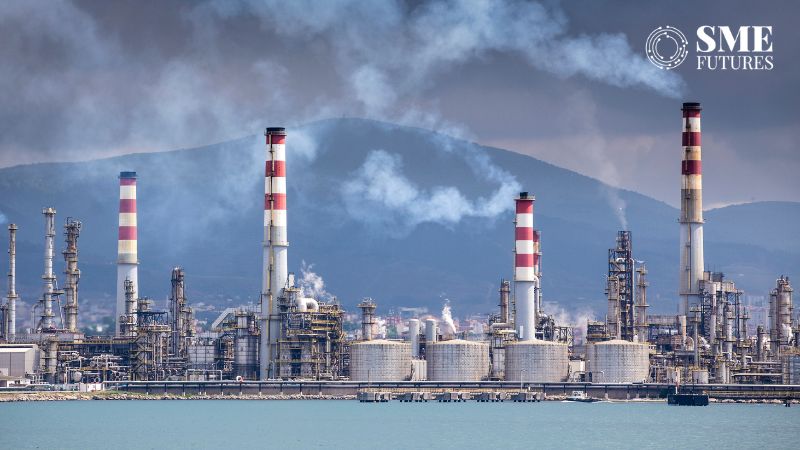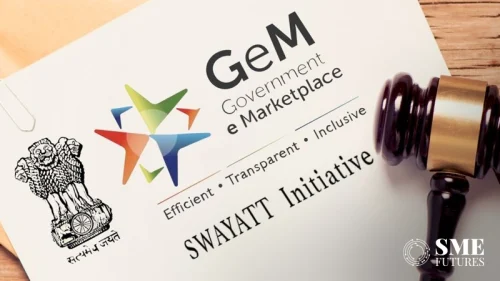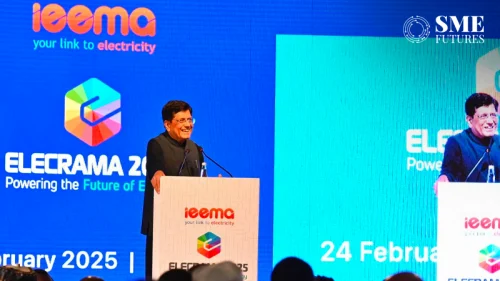India’s end-use energy consumption is set to grow by 90 per cent by 2050 — one of the fastest growth rates in the world, Russian oil giant Rosneft CEO Igor Sechin said.
Sechin, Chief Executive Officer of Rosneft, Russia’s biggest oil producer, addressed key global business and political leaders at the Energy Panel of the 27th St. Petersburg International Economic Forum (SPIEF), according to a statement by the company.
In his keynote speech titled “Energy transition and phantom barrels”, he provided a comprehensive analysis of the current state of the energy market and highlighted key challenges facing the industry.
“Over the next five years, India is projected to continue its strong economic momentum and become one of the top three largest economies in the world with a GDP of USD 5 trillion, and by 2050 will overtake the US in terms of the size of the economy,” he said.
He added that India’s end-use energy consumption is set to grow 90 per cent by 2050, registering one of the fastest growth rates in the world.
Taking about the global preparation on energy transition, Rosneft CEO criticised the prioritisation of the anthropogenic factor in climate change discourse and argues against the effectiveness of energy transition initiatives in addressing environmental concerns.
Sechin highlighted the insights of renowned physicist Pyotr Leonidovich Kapitsa, who predicted energy production challenges due to the inefficiency of alternative energy sources.
Despite considering hydrogen as a promising clean fuel, he pointed out current limitations in production technology, logistics, and market readiness.
He highlighted that while renewable energy accounts for less than 5 per cent of global energy production and electric vehicles only make up approximately 3 per cent, consumption of oil, gas, and coal has continued to rise.
Sechin underlined that the energy transition should be well-balanced and focused on addressing the interests of the majority that will ensure the growth of energy consumption in the coming years, i.e. developing countries.
He also noted that to achieve energy security, it is necessary to ensure the sufficiency, affordability, and reliability of energy sources.
Aggressive promotion of the “green agenda” actually means declaring an energy war on the majority of the world’s population, and overcoming energy inequality is impossible without reliable supplies of oil and gas, said Rosneft CEO.











